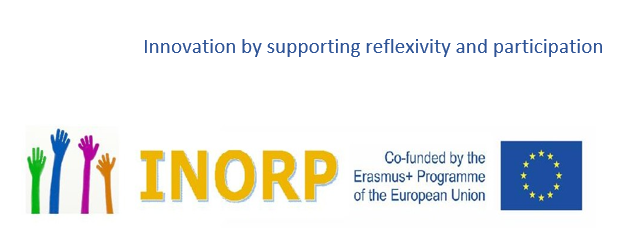
5. Competence perspective
The material covered to this point constitutes a module to be used at undergraduate (1st cycle) level but can also be used, if students have not yet been exposed to these themes, as introduction to 2nd cycle modules that build on knowledge and competences acquired up to here. Resources relating specifically to the 2nd cycle are marked with asterisk *
Application of Dublin Descriptors to this part of the module:
| 1st cycle | Competences reached by a student | |
| Knowledge and understanding | Based on textbooks and new insights |
Is familiar with core social work principles Understands the importance, but also the |
|
Applying |
Express professional approach through arguments |
Can plan an encounter with a service user group by applying the above knowledge |
| Making judgements |
Gather and interpret relevant data, reflection on relevant social, scientific or ethical issues |
Has examined own values, concepts, feelings, prejudices critically |
| Communication skills |
can communicate |
Has learned to express professional and diagnostic concepts in simple language |
| Learning skills |
Have developed those learning skills that are necessary for them to continue to undertake further study with a high degree of autonomy |
Has developed skills in reflectivity |